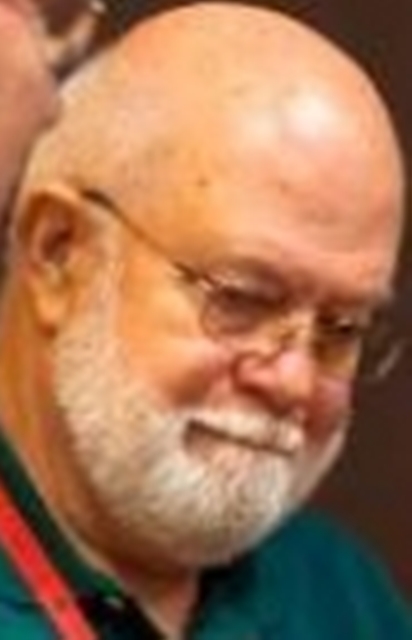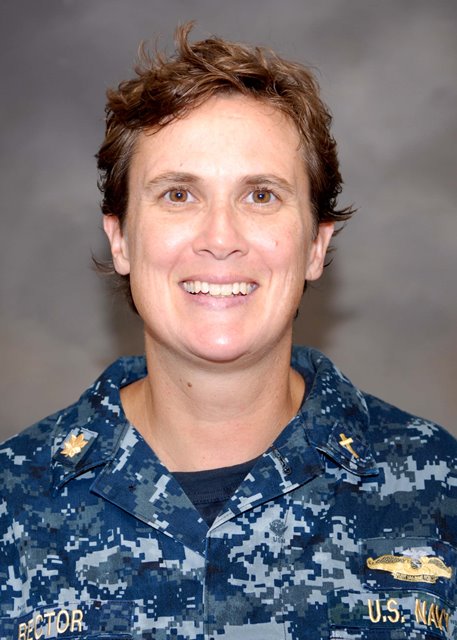By Jeff Brumley
The biggest challenge of being a chaplain isn’t always the long hours or never knowing what crisis is right around the corner. Jim Pope says it’s the general assumption by others that chaplaincy isn’t real ministry.
Now interim chaplaincy and pastoral counseling endorser for the Cooperative Baptist Fellowship, Pope experienced that attitude first hand in the early 1980s as he transitioned from a church ministry to military chaplaincy.

“People said, ‘Jim, I can’t believe you’re leaving the ministry,’” he said. “All chaplains, when they’re talking amongst themselves, will share similar stories.”
Eager to undermine any such notions, the Cooperative Baptist Fellowship marked National Pastoral Care Week, which concludes Saturday, with a series of blog posts featuring profiles of a few of the 700 chaplains and pastoral counselors from around the Fellowship.
One of the most outstanding, Pope said, is Lt. Cmdr. Karen Rector, a Navy chaplain currently serving ashore at Mayport Naval Station in Jacksonville, Fla. The Military Chaplain Association thought highly enough of the CBF-endorsed Rector to give her its Distinguished Service Award for 2013.
The irony is that Rector originally enlisted in the Navy — as an airframe mechanic – intentionally to avoid ministry. “I had actually joined the Navy because God wouldn’t leave me alone,” she said in a Navy News Service story published earlier this year.

The Oakland, Ky. native told ABPnews she finally gave in and re-entered the service with the goal of serving Marines and sailors. It’s a decision that’s taken her twice to Afghanistan, aboard warships and to bases in California, Hawaii and Florida.
Rector answered questions about her service – and ministry – as a member of the Armed Forces.
When and how did you feel your calling into this ministry?
I began to feel God calling me to some type of ministry while still in high school…. Each year the call seemed to grow stronger, but I didn’t really understand what it was that God wanted; all I knew was that I wasn’t on board with whatever God wanted. Eventually, as God’s call became clearer, I started on a path of running from God. It led me to enlisting in the Navy, you know, so God would leave me alone. That didn’t work out as planned.
When did decide on becoming a Navy chaplain?
While on a six-month deployment on board the USS Harry S. Truman, one of the chaplains took an interest in me. He seemed to have the gift of discernment, because one evening he just came out and told me that God was calling me to ministry and that I needed to go and pray about that. Basically, I did what he told me I needed to do and the rest, as they say, is history.
What’s kept you in the military?
Well, I don’t have a desire or a call to do civilian ministry, and I love the diversity of the work that the Navy Chaplain Corps allows me.
What is most frustrating about being a chaplain?
For me: when I give solid, tried-and true-advice to a Marine or sailor — advice I know will help them have positive change in their situation — and they don’t even try and take the advice and choose to stay in the hole they’ve dug for themselves.
And what is most rewarding?
The most rewarding is when a sailor or Marine you’ve talked to comes back and says they took your advice and it really helped. Or they come to you and tell you that just your listening to them really helped them.
What have been some of the more challenging duty stations?
My first duty station at Twentynine Palms (Calif.) was tough, because it’s in the middle of the Mojave desert. I was a brand new chaplain in the middle of nowhere, so I gave that one to God. Once I did that, I really wound up liking … the Marines and their families. My most rewarding and challenging may also have been my two combat deployments to Afghanistan.
